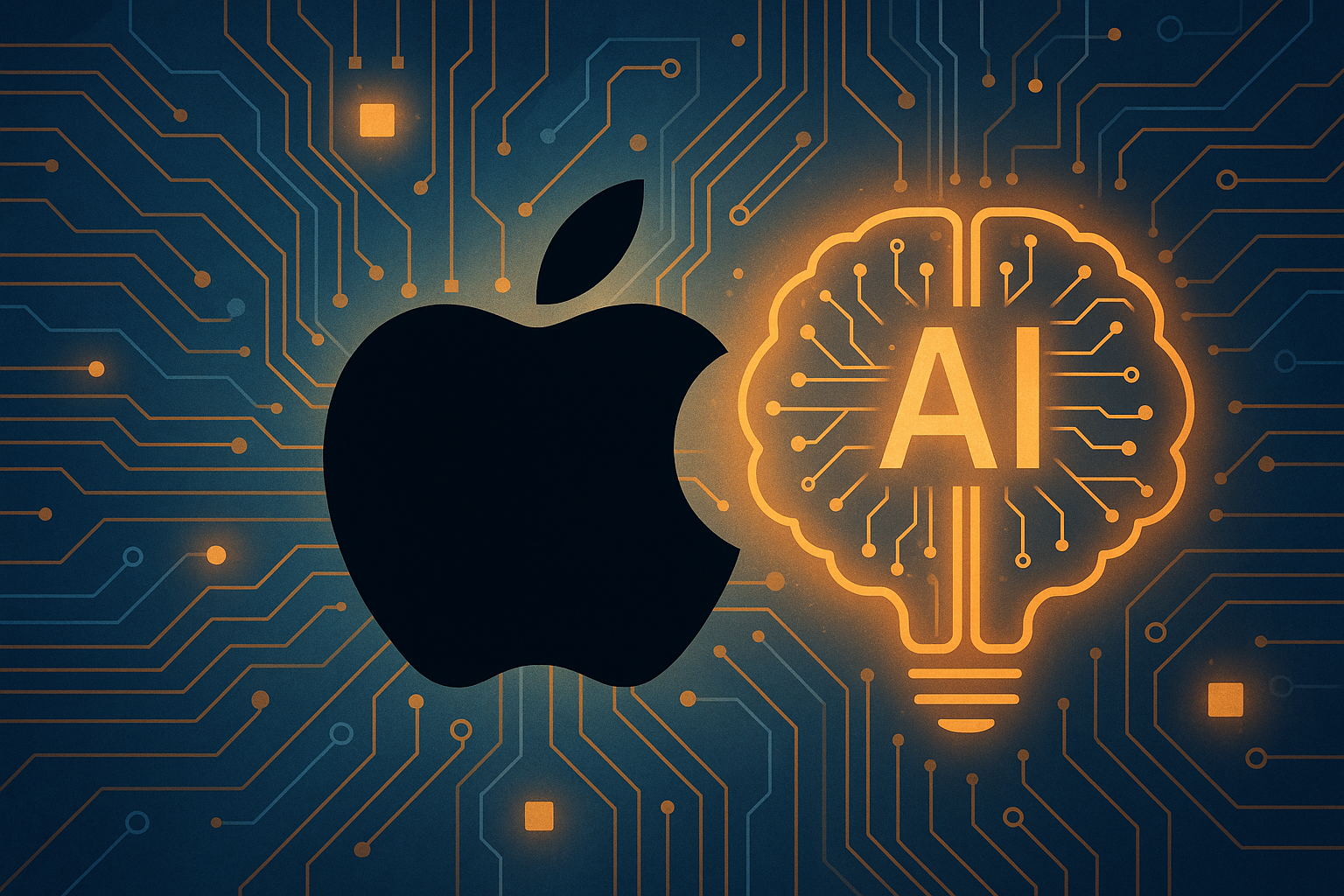Apple’s recent $1.2 billion acquisition of UK-based AI startup Cognition Labs marks a pivotal move in the rapidly evolving artificial intelligence landscape, signaling the tech giant’s strategic push toward enhancing on-device AI capabilities while prioritizing user privacy. As generative AI continues to transform industries, investors are closely watching how Apple leverages this technology to stay competitive and unlock new growth avenues within its ecosystem.
Why This Matters for Investors
The AI sector remains one of the most dynamic and transformative segments within technology, driving innovation across hardware, software, and services. Apple’s acquisition of Cognition Labs—an emerging leader in privacy-focused, edge AI processing—underscores the increasing importance of AI that runs directly on consumer devices, such as iPhones and iPads, rather than relying solely on cloud computing.
This shift aligns with mounting privacy regulations worldwide and growing consumer demand for data security. By integrating Cognition Labs’ technology, Apple aims to enhance machine learning capabilities in its upcoming iOS 19 release, enabling faster, more efficient, and secure AI-driven features without sacrificing personal data privacy.
According to Bloomberg and Reuters, the deal closes a critical gap in Apple’s AI strategy, complementing its investments in neural engine chips and advanced hardware. Industry analysts suggest this move could accelerate adoption of edge AI technologies, offering Apple a competitive edge against rivals like Google and Microsoft, which rely more heavily on cloud-based AI solutions.
Future Trends to Watch
Apple’s focus on on-device AI processing is expected to reshape user experiences by improving voice recognition, predictive text, augmented reality, and personalized recommendations—all while minimizing latency and data exposure. This approach not only enhances performance but also creates significant opportunities for Apple’s semiconductor partners, notably Taiwan Semiconductor Manufacturing Company (TSMC), which manufactures Apple’s custom AI chips.
Market research firm McKinsey projects the global edge AI market to reach $75 billion by 2030, fueled by demand for privacy-preserving applications across consumer electronics, automotive, and healthcare. Investors should monitor developments in edge AI hardware and software, as well as regulatory trends that favor decentralized data processing models.
Additionally, Apple’s continued commitment to integrating AI at the hardware level may spur innovation in adjacent sectors, including sensor technology, 5G connectivity, and low-power computing — all vital components supporting seamless AI functionalities.
What This Means for Investors
For investors, Apple’s acquisition signals a strong endorsement of edge AI’s growth potential. Companies that supply AI-specific semiconductors, such as TSMC ($TSMC), and firms specializing in AI hardware components could see rising demand as Apple scales up production.
Moreover, software firms developing AI tools optimized for on-device deployment may benefit from partnerships or increased integration opportunities. Investors should consider diversifying portfolios to include companies positioned in the AI ecosystem, focusing on those with exposure to hardware acceleration and privacy-centric machine learning technologies.
However, investors must also remain vigilant of competitive pressures and geopolitical risks that could affect supply chains, particularly amid ongoing US-China tech tensions. Apple’s strategic moves suggest it is hedging against such risks by internalizing critical AI capabilities.
Stay informed with MoneyNews.Today for the latest insights and analysis on market-moving developments shaping your investment strategy.





